The present moment is filled with uncertainty and challenge. From the COVID-19 pandemic to uprisings for racial justice, communities are facing profound suffering and repression. In response, grassroots groups are responding with creativity, commitment, and collaboration around the globe.
As COVID-19 swept the globe in early March, many countries around the world put in place restrictions regarding internal movement, international travel, and sharing information about the pandemic. Progressive governments instituted welfare measures, including universal basic income, policies on parity between citizens and foreigners in the healthcare system, and rapid testing and contact tracing. Authoritarian governments used this opportunity to disproportionately crack down on basic rights and freedoms, including freedom of the press and human rights activists. Some countries also used this opportunity to cut down environmental protections and propose (re-)starting harmful polluting activities including building pipelines, while environmental defenders continued to face daily threats and attacks.
Just as in crises before this one, grassroots movements and mutual aid networks filled the gap in government support and response. Grassroots groups are meeting immediate needs and building towards long-term rebuilding and transformation. Here’s how:
While Paraguay has been able to contain the spread of the virus so far, the economic impact has been harsh. Global Greengrants’ partner Articulación de familias con PCD de la comunidad Mbocajaty, a group working with persons with disabilities, is addressing food insecurity where there are gaps in government support. It is also training families in food cultivation via Whatsapp to challenge climate-intensive food production systems.
In the Democratic Republic of the Congo, communities displaced by large-scale industrial projects are experiencing heightened vulnerability to COVID-19. Global Greengrants’ partner Synergie Femmes Solidaires is addressing climate impacts by facilitating exchanges between Indigenous women and youth on renewable energy and raising awareness about destructive dams.
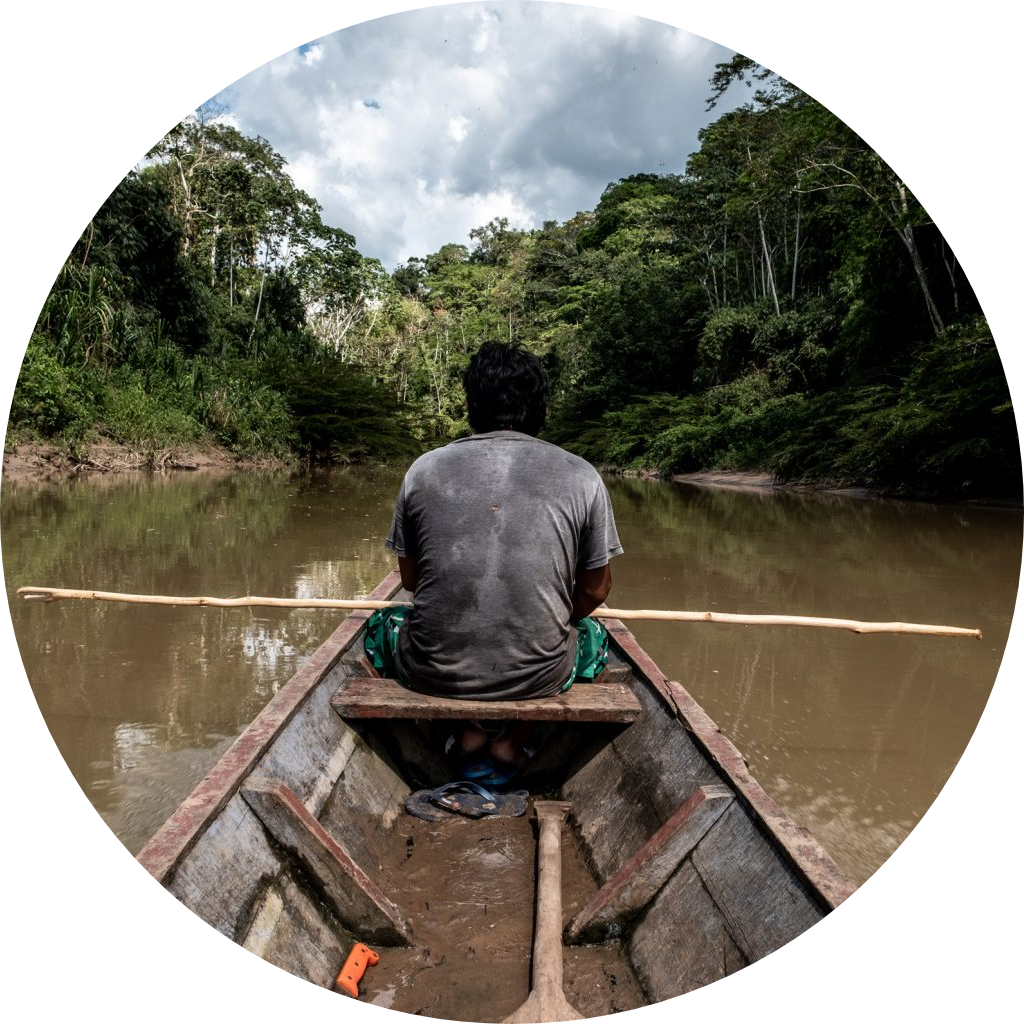
Many Indigenous Peoples in Peru were left stranded after being flown to the city of Pucallpa to receive medical support. Global Greengrants’ partner Upper Amazon Conservancy is providing these families with emergency food and supplies, as well as safe transportation back to their communities that are only accessible by plane.
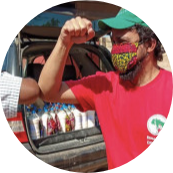
Over half of the population in Zambia lives in extreme poverty and does not have access to clean water. While the situation is under control right now, an increase in cases will strain the public health system as the country has only 2 hospital beds per 1,000 residents. Thousand Currents and Grassroots International’s partner the Landless Workers’ Movement’s (MST) Internationalist Samora Machel Brigade is distributing hand sanitizers and masks to slow down the spread of the disease. MST’s internationalist brigades manifest internationalism as a revolutionary strategy to accumulate forces and defeat capital in different places in the world. In practice, this means that this Brazilian articulation can inspire and work with movements in Zambia, Venezuela, Haiti, and other countries.
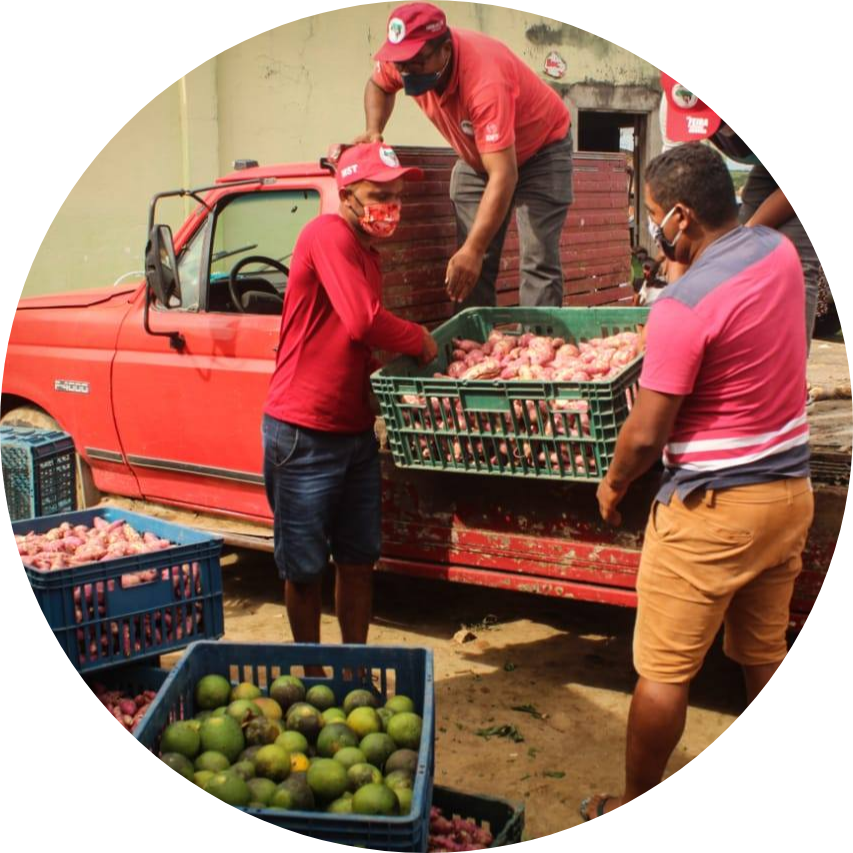
The mismanagement of pandemic response has left Brazil with the second highest number of positive cases in the world. Grassroots International’s partner Landless Workers’ Movement (MST) is fighting to remove President Bolsonaro from power and is demanding emergency measures to protect lives, lands, and communities.
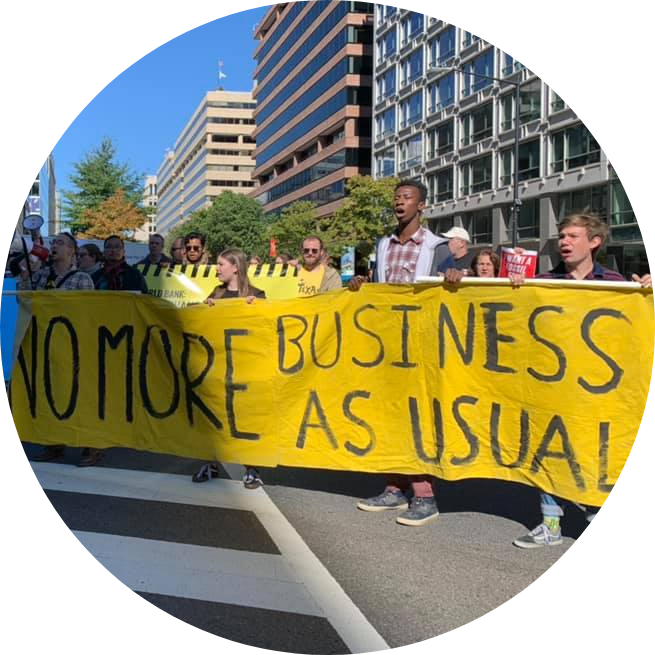
While the US accounts for the most number of positive cases and deaths in the world, the government’s poor response has placed the onus of just recovery on grassroots groups like Urgent Action Fund’s partner Women’s Earth and Climate Action Network (WECAN). This women-led Indigenous climate organization has hosted a series of webinars that propose actionable long-term solutions to address these crises through a feminist lens.
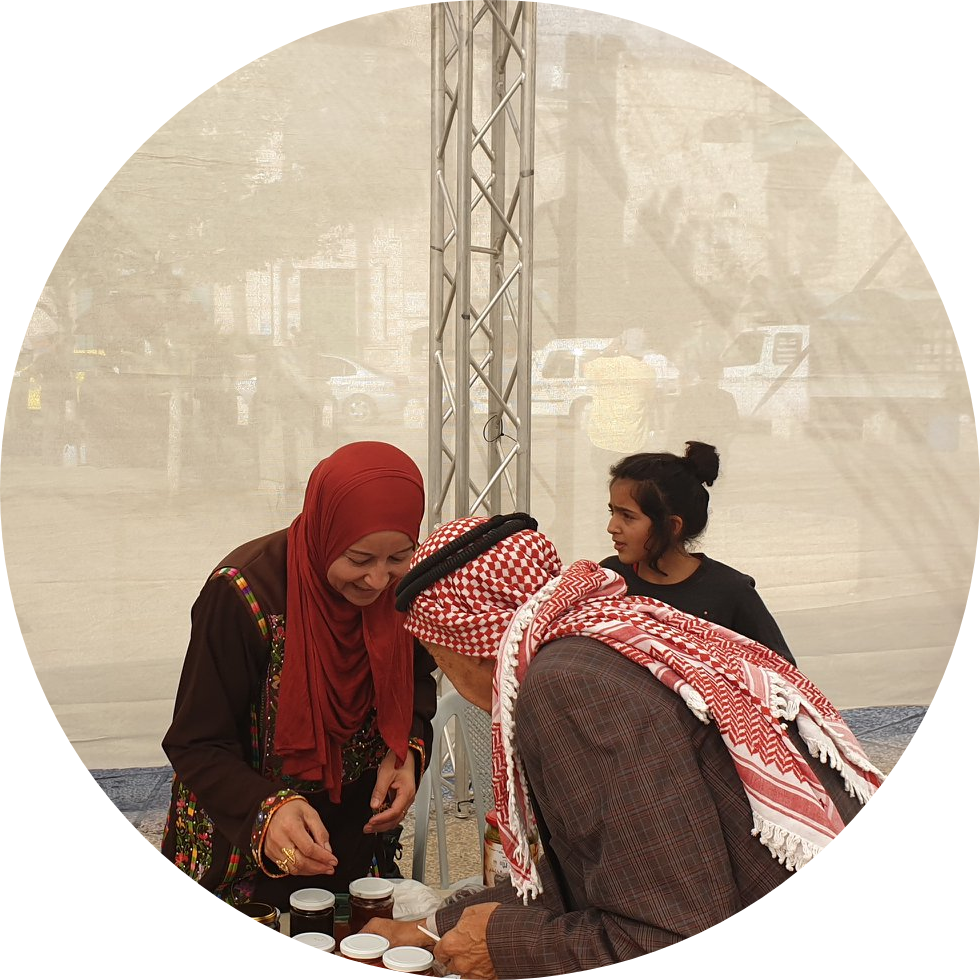
While the Israeli government has been praised for pandemic containment, the virus has spread tooccupied Palestine. Grassroots groups like Grassroots International’s partner Union of Agricultural Works Committees (UAWC) are resisting the annexation. They are fighting food insecurity and the pandemic by supporting farmers and rural workers through seed banks and organizing medical aid for the elderly and pregnant in the West Bank and in the Gaza Strip.
The pandemic is a wake-up call.
The COVID-19 pandemic has made starker the inequities in our communities that have existed for far too long. We see that decades of austerity measures, lack of regulation, and business as usual have led to ecological and economic meltdown. We know that marginalized communities are more vulnerable under unequal or missing healthcare and welfare systems, just as they are in the climate crisis. And we see that social movement groups are the essential workers of civil society.
This is a moment to come together and foster resilience.
We are living in extraordinary times. COVID-19 presents an opportunity to share our time and resources and lean on our support networks. It is an opening to move into the just and equitable future that our collective movements have been building towards. Now is the time for all of us to re-imagine how we can build and strengthen healthy food systems, defend and care for critical ecosystems that support abundant life, and build economic systems that generate wellbeing for all people and our planet. As funders, we can invest in people, relationships, and movement ecosystems to strengthen our responses to the current and future crises.
Interlocking crises require global solidarity.
Our grassroots partners are building solidarity through cooperation, mutual aid, and sharing resources. MST’s Internationalist Brigades, for example, show that both short- and long-term recovery from this public health crisis will be advanced through locally-driven community care. As La Via Campesina invites: “Stay home, but not silent”.
The CLIMA Fund is committed to providing flexible sources of funding to movement ecosystems led by Indigenous Peoples, women, youth, and peasants. We are more committed than ever to stand firmly by our grassroots partners as they respond to this pandemic, while supporting their long-term, transformative work.
Learn more here.
Read more:
Fostering Resilience in Times of Crisis: Lessons from the Grassroots Global Greengrants Fund
Confront the Pandemic with a Feminist Foreign Policy Grassroots International